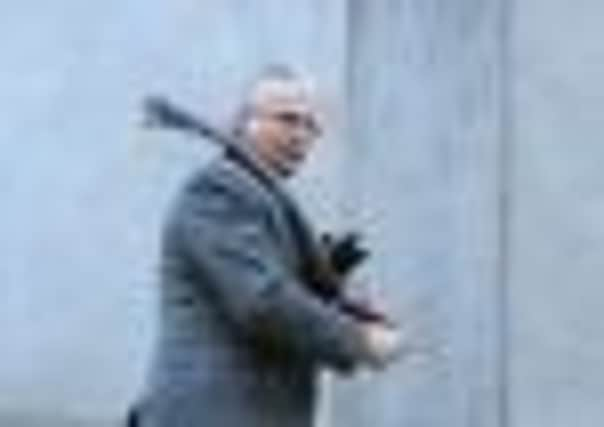Spain: Inquiry into Franco murders ‘did not overstep amnesty’


Mr Garzon, 56, who also ordered the arrest of former Chilean dictator Augusto Pinochet in 1998, had been charged with violating an amnesty for political crimes passed in 1977 to ease the transition to democracy after Gen Franco’s rule.
In its ruling yesterday, backed by six of the seven judges considering the case, the court said Mr Garzon’s legal action contained “arguments we consider erroneous”, but nothing that meant he over-stepped the amnesty.
Advertisement
Hide AdAdvertisement
Hide AdThe case rekindled a debate in Spain about whether more should be done to explore the darker events of the Franco regime, which lasted from the end of the Spanish Civil War in 1939 until Gen Franco’s death in 1975.
Mr Garzon said he opened the inquiry in 2008 at the request of victims’ families and that international law backed him, as it had in the Pinochet case.
Human Rights Watch, one of a number of groups which backed Mr Garzon’s investigation, welcomed the acquittal but regretted the judge’s expulsion from the bench in a separate case earlier this month.
Human Rights Watch lawyer Reed Brody said: “The Supreme Court has spared itself further embarrassment by rejecting these ill-advised charges.”
On 9 February, the court disbarred Mr Garzon for 11 years for illegally recording defence lawyers’ conversations with clients, a ruling that could effectively end his career. He plans to appeal against the decision.
The UN human rights office said earlier this month Spain must investigate crimes against humanity committed during the Franco era and must repeal its amnesty for perpetrators as there is no statute of limitations for such crimes.
A spokesman for victims’ families welcomed the ruling, but said they still needed the backing of the courts – which Mr Garzon tried to provide in 2008 – to search for the many unmarked graves in Spain which date from the Civil War.
After initiating his legal action, Mr Garzon, a High Court judge, passed jurisdiction to regional courts to help victims’ families search for their loved ones. Those cases remain in legal limbo due to uncertainty about which courts, if any, have the right to look into alleged Franco-era crimes. Yesterday’s ruling did nothing to clarify that key point.
Advertisement
Hide AdAdvertisement
Hide AdThe right-wing advocacy group Clean Hands, which brought charges against Mr Garzon for the Franco case in a private suit without the support of Spain’s public prosecutor, said it would appeal the acquittal.